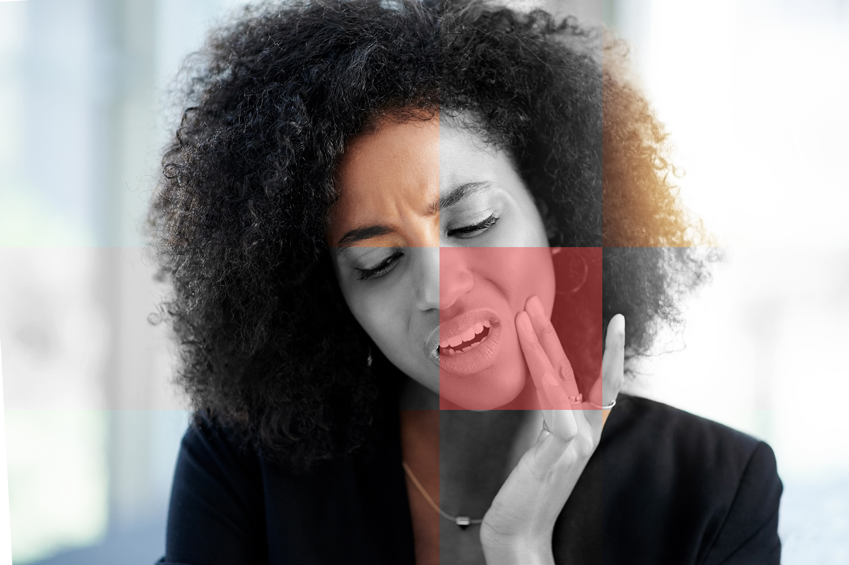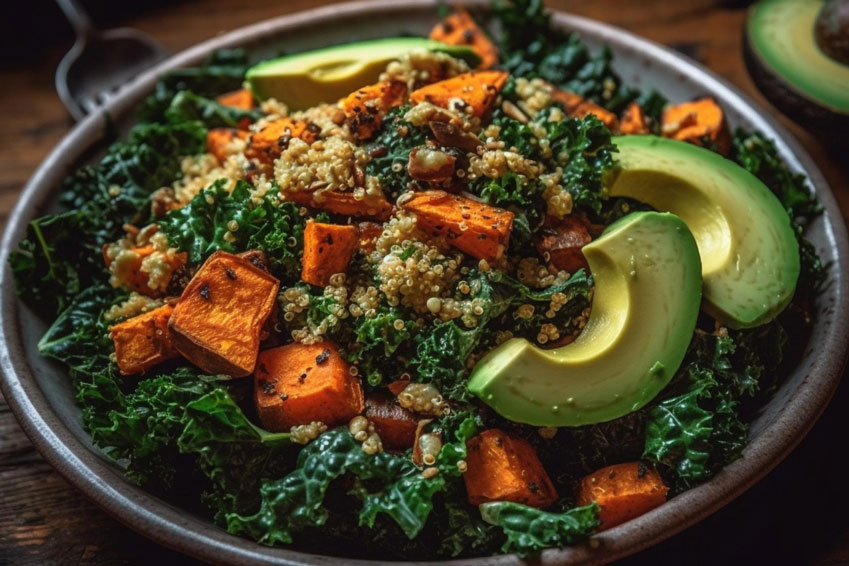There’s something indescribably magical about a baby. Crawling, babbling – even burping – can inspire oooh‘s and aaah‘s amongst the grownups.
But keeping your child adorable, healthy and happy takes a lot of work, and requires some knowledge of what is good and bad. In this post, we explore the food category – things you should definitely avoid feeding the little ones.
Citrus Fruit!
As we all know, these fruits can be mighty tasty – they’re also highly acidic. Feeding these frequently to your child paves the way for tooth decay over time.
While many parents may want to introduce healthy eating through fruits such as oranges, limes, and lemons, citrus will erode tooth enamel. This not only makes the tooth weaker, but also more vulnerable to cavities. Best to keep kids away from citrus early in the game.
Fruit Juice!
Sugar can be addictive, promotes decay in fragile baby teeth, and can can lead to childhood obesity. Water, mother’s milk or formula is a much better choice.
Pickles!
While not the first food one might think of as harmful to small children, the salt in pickles is not good for a baby’s kidneys, affects the stomach lining, and sets up conditions for hypertension. So, pickles in moderation, everyone.
Wheat!
Opinions vary on when and what amount of bread to feed a baby. It’s probably best to coordinate with your pediatrician on what is right for your child. It’s also advisable to be aware of gluten allergies which may be difficult to detect in young children.
Whole grain bread is packed with good stuff, but it also filling and can crowd out more nutritious food your child may have eaten without that slice of bread. White bread is not a terrible idea, since it is often fortified, but it is less nutritious and should be offered sparingly. Six to seven months of age would be the time to introduce bread, but again, best to ask the kid’s doc.
Ice!
While not a food, ice is certainly tough to chew on, even for adults. However, ice poses a particular risk to babies since toddler teeth are so fragile. It’s likely that one forceful bite into an ice cube could result in a missing tooth. The sharp edges could even cut or bruise the inside of a child’s mouth, and small pieces can be choked on. It comes as no surprise, then, you should keep ice away from baby until at least the age of four.
Honey!
Honey is a big no-no for infants. This is because it can potentially host a bacteria known as clostridium. Clostridium can cause something known as infant botulism, which leads to muscle weakness and breathing problems in children. On the bright side, fewer than 100 cases occur each year, and patients almost always make a full recovery. Despite this, it’s best to wait at least a year before giving a baby their first taste of honey.
Foods High In Salt and Saturated Fat!
Salty foods such as restaurant food, processed meats like sausages, salted crackers can cause damage to a baby’s kidneys. Fatty foods can lead to obesity. Kids need a lot of fat for proper development, but best to get it from foods that are not salty, and contain the good fats.
Whole Nuts and Peanuts!
Avoid giving these to children under the age of five, simply because they are a known choking hazard. Peanut butter is fine, just be aware of allergies, especially if they are present in family members.
Some Cheeses!
After six months, babies can eat pasteurized cheese, but not before. Unpasteurized cheeses should be avoided. Pregnant mothers, babies and young children should never eat mold-ripened cheeses, like Camembert, brie, soft blue-veined cheese, such as roquefort, or ripened goats’ milk cheese – there’s a higher risk that they might contain a bacteria called listeria, which can trigger a severe infection with multiple symptoms.
Rice Drinks!
These are all the rage, but you are cautioned not to give to children under the age of five on a regular basis. Arsenic occurs naturally in the environment, but is present in rice more than most foods. Too much arsenic can affect your child’s health – after all, it’s a toxin.
Certain Foods From The Sea!
In addition, the big, big fish, like swordfish, marlin, tuna and shark contain a whopping dose of mercury, which in high doses can affect nervous system development. So, no “fish on”, please!
Eggs, Eggs!
Raw eggs, as most people know, are candidates for containing salmonella and other bacteria. In young children, it’s best to stay away from homemade mayonnaise and ice creams, raw cake mixtures or desserts with uncooked eggs in them.
Be wary for your baby!
So there you have it, not a complete list, but some foods to avoid or think hard about feeding to babies. While we stand behind these warnings, it’s always a good idea for parents to double-check the most recent discoveries and do your own research.
There are vast differences of opinion about a lot of these, so it comes down to making your own choices for your child. After all, you’re the parent! Good luck!
Contributed by Bryan Armetta
Editor: Clifford S. Yurman
















